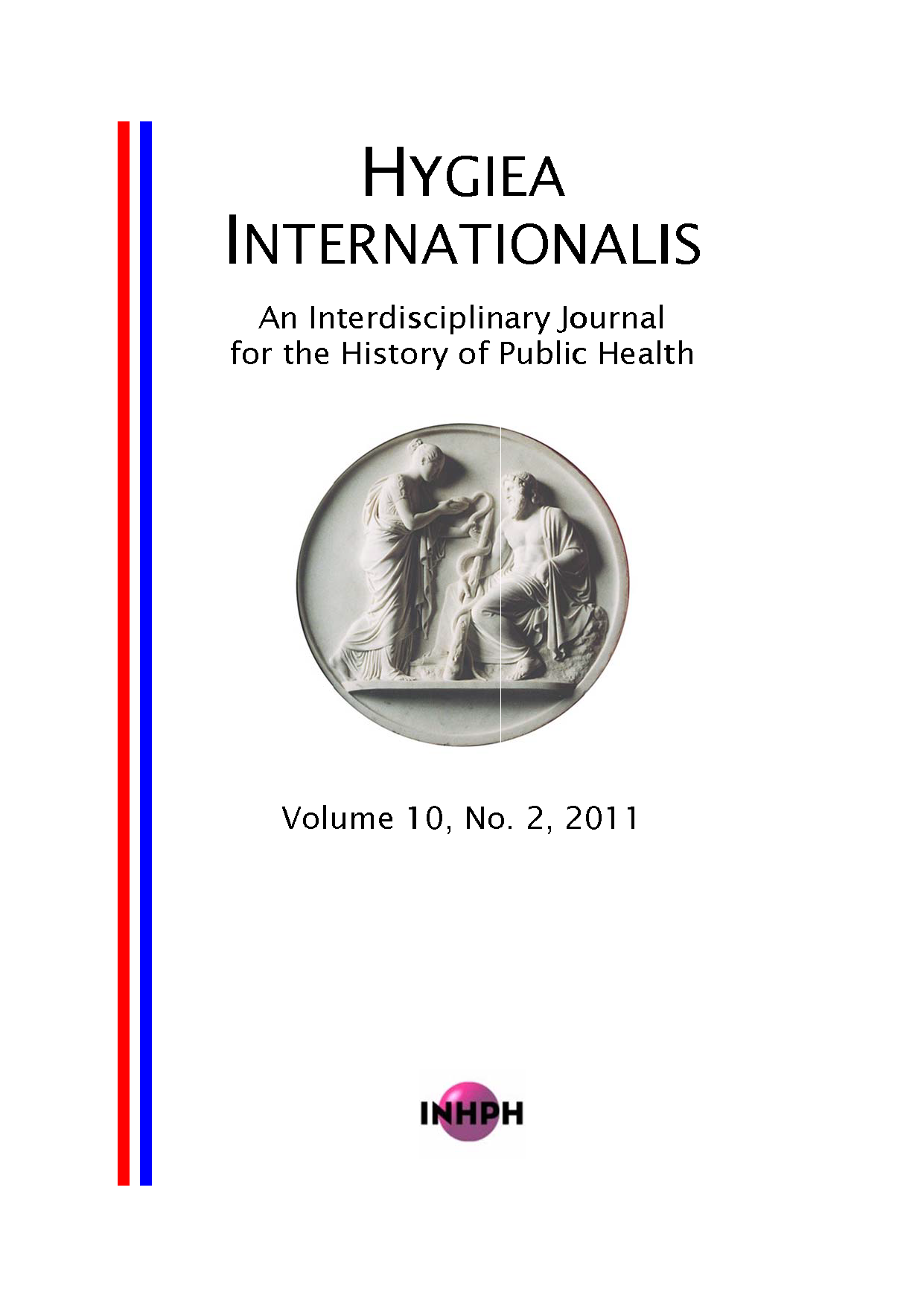Malaria and Public Health Measures in Colonial Urban Zanzibar, 1900-1956
DOI:
https://doi.org/10.3384/hygiea.1403-8668.1110235Keywords:
Malaria, public health, colonial Zanzibar, sanitary engineering, vector control, malaria drugsAbstract
Colonial states in Africa began implementing measures to stop malaria from the late nineteenth century. Malaria had spread widely during the process of colonial conquest and occupation in these countries, accelerated by the extension of the colonial economy, the introduction of transport infrastructures, and urbanization. The states initiated measures to curb malaria mainly in order to safeguard the welfare of the European colonial populations, but fear of the effect the disease could have on the available pool of African labour was another strong motivation for white administrators, settlers and medical officers to combat its spread. This paper focuses on malaria control programmes in Zanzibar between 1900 and 1956. It will examine the vector control programmes through the use of insecticides and other environmental and sanitary engineering works. Also, it will concentrate on the use of drugs such as quinine and paludrine, which were distributed to the people as a preventive measure against malaria. I will argue that during the period under studies, these anti-malaria measures had major impacts to the people and environments
Downloads
Published
How to Cite
Issue
Section
License

This work is licensed under a Creative Commons Attribution-NonCommercial 4.0 International License.






